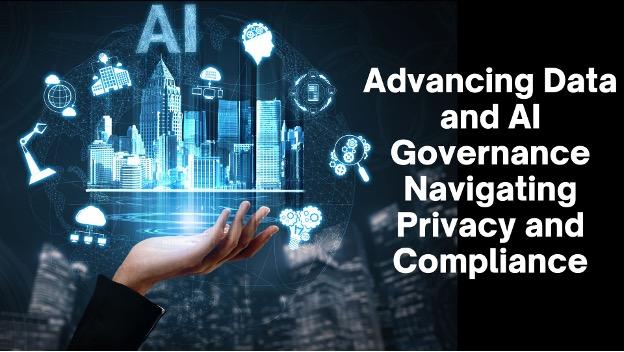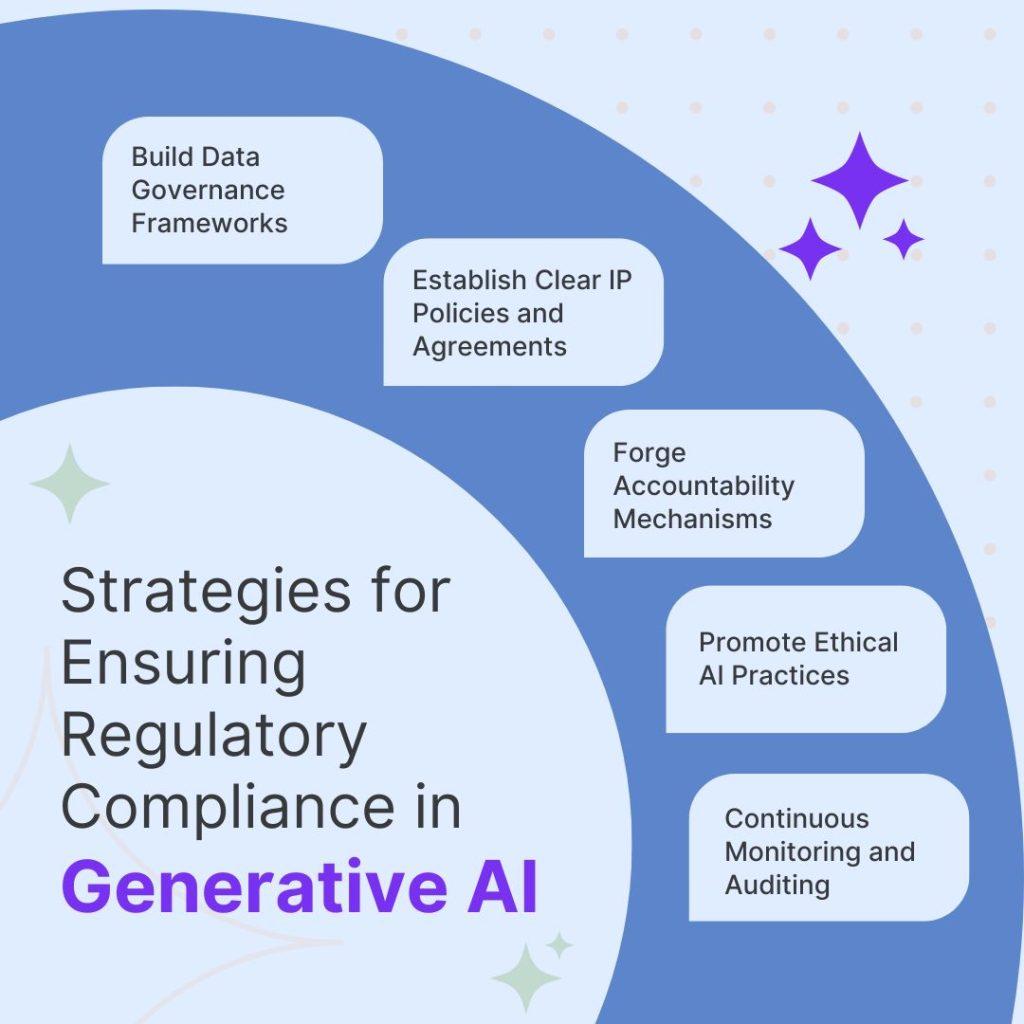Advancing Data and AI Governance: Navigating Privacy and Compliance

In the rapidly evolving landscape of artificial intelligence (AI), staying ahead in terms of compliance and governance is not just a legal necessity but a competitive advantage. The integration of AI into business operations brings with it a complex web of privacy and compliance challenges that organizations must navigate carefully. This article aims to demystify the regulatory environment surrounding AI and data governance, offering practical advice for executives, legal teams, and compliance officers.
Introduction
The digital age has ushered in unprecedented advancements in AI, transforming how businesses operate and interact with customers. However, this innovation comes with heightened scrutiny around data privacy and AI ethics. As regulatory bodies worldwide tighten the reins on data protection and AI usage, companies must proactively adapt their governance strategies to stay compliant and protect their reputation.
Understanding AI Governance and Privacy Regulations
AI governance encompasses the policies, practices, and frameworks that guide the ethical development, deployment, and maintenance of AI systems. It’s a multidisciplinary approach that involves legal, ethical, and technical considerations to ensure AI acts in the best interest of humans and society.
Privacy regulations, such as the General Data Protection Regulation (GDPR) in Europe, the California Consumer Privacy Act (CCPA), and others, set the legal framework for how personal data should be handled. These laws have significant implications for AI, particularly around data collection, processing, and storage.
Key Regulatory Bodies and Frameworks
- European Union (EU): GDPR is the gold standard for data protection, impacting any organization dealing with EU citizens’ data.
- United States (US): While there’s no federal law equivalent to GDPR, various states have enacted their own privacy laws, like CCPA.
- Asia-Pacific (APAC): Countries like Singapore and Japan have robust data protection laws that influence AI governance.
Balancing Innovation with Protection
The challenge for businesses is to leverage AI’s potential without infringing on privacy rights or ethical standards. This balance requires a comprehensive governance framework that includes:
- Data Ethics: Establishing ethical guidelines for data usage.
- Transparency: Being open about how AI systems make decisions.
- Accountability: Ensuring there are mechanisms in place to hold the organization responsible for its AI’s actions.
Practical Tips for Navigating Privacy and Compliance
- Conduct AI Audits: Regularly review your AI systems to ensure they comply with relevant laws and ethical standards.
- Update Privacy Policies: Ensure your privacy policies reflect the latest regulations and clearly explain how AI uses personal data.
- Invest in Training: Educate your team about the importance of data protection and ethical AI practices.
- Engage with Stakeholders: Include customers, employees, and regulators in discussions about your AI initiatives to build trust.
Benefits of Robust AI Governance
- Enhanced Compliance: Reduces the risk of legal penalties and reputational damage.
- Increased Trust: Builds confidence among customers and partners in how you use AI.
- Competitive Advantage: Positions your company as a leader in ethical AI practices.
Case Studies and First-Hand Experience
Incorporating real-world examples of companies that have successfully navigated AI governance can provide valuable insights. For instance, a tech company might share how it revamped its data handling practices to comply with GDPR, leading to improved customer trust and reduced legal risks.
Conclusion
As AI continues to reshape industries, the importance of robust data and AI governance cannot be overstated. By understanding the regulatory landscape, implementing comprehensive governance frameworks, and engaging in ethical AI practices, organizations can navigate the complexities of privacy and compliance. This proactive approach not only safeguards against legal and reputational risks but also positions companies as leaders in the responsible use of AI.
For executives, legal teams, and compliance officers, staying informed and adaptable is key to turning regulatory challenges into opportunities for innovation and trust-building. Remember, in the realm of AI, governance and compliance are not just regulatory hurdles but foundational elements of sustainable and ethical AI deployment.
This comprehensive guide aims to bridge the knowledge gap, providing clear, actionable insights into the complex world of AI governance and privacy compliance. By embracing these principles, companies can ensure they not only comply with current regulations but are also prepared for the future of AI regulation.
